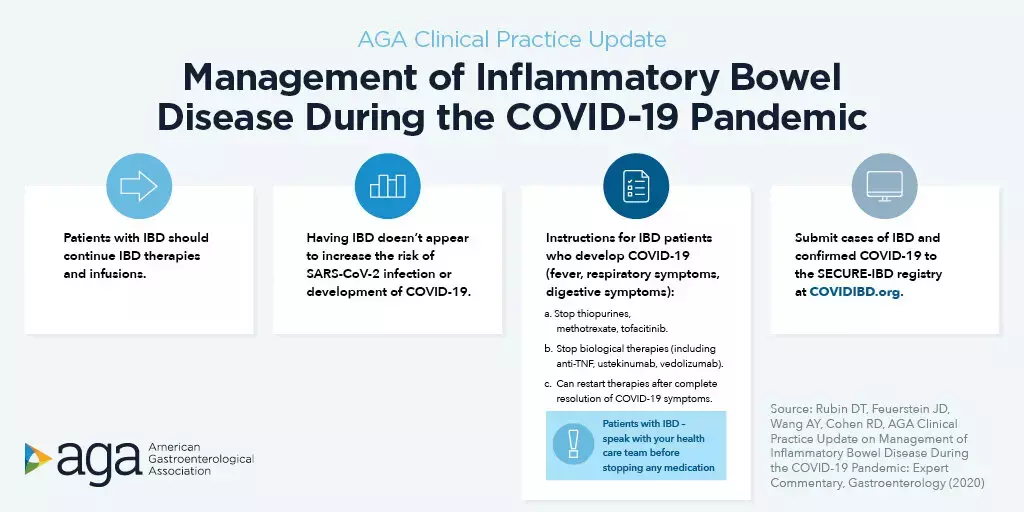- Home
- Medical news & Guidelines
- Anesthesiology
- Cardiology and CTVS
- Critical Care
- Dentistry
- Dermatology
- Diabetes and Endocrinology
- ENT
- Gastroenterology
- Medicine
- Nephrology
- Neurology
- Obstretics-Gynaecology
- Oncology
- Ophthalmology
- Orthopaedics
- Pediatrics-Neonatology
- Psychiatry
- Pulmonology
- Radiology
- Surgery
- Urology
- Laboratory Medicine
- Diet
- Nursing
- Paramedical
- Physiotherapy
- Health news
- Fact Check
- Bone Health Fact Check
- Brain Health Fact Check
- Cancer Related Fact Check
- Child Care Fact Check
- Dental and oral health fact check
- Diabetes and metabolic health fact check
- Diet and Nutrition Fact Check
- Eye and ENT Care Fact Check
- Fitness fact check
- Gut health fact check
- Heart health fact check
- Kidney health fact check
- Medical education fact check
- Men's health fact check
- Respiratory fact check
- Skin and hair care fact check
- Vaccine and Immunization fact check
- Women's health fact check
- AYUSH
- State News
- Andaman and Nicobar Islands
- Andhra Pradesh
- Arunachal Pradesh
- Assam
- Bihar
- Chandigarh
- Chattisgarh
- Dadra and Nagar Haveli
- Daman and Diu
- Delhi
- Goa
- Gujarat
- Haryana
- Himachal Pradesh
- Jammu & Kashmir
- Jharkhand
- Karnataka
- Kerala
- Ladakh
- Lakshadweep
- Madhya Pradesh
- Maharashtra
- Manipur
- Meghalaya
- Mizoram
- Nagaland
- Odisha
- Puducherry
- Punjab
- Rajasthan
- Sikkim
- Tamil Nadu
- Telangana
- Tripura
- Uttar Pradesh
- Uttrakhand
- West Bengal
- Medical Education
- Industry
IBD with Coronavirus- AGA releases guidelines
 Management of IBD During the COVID-19 Pandemic. Credit: American Gastroenterology Association
Management of IBD During the COVID-19 Pandemic. Credit: American Gastroenterology AssociationBethesda, Maryland -- The American Gastroenterological Association (AGA) has released new COVID-19 guidance for gastroenterologists treating patients with inflammatory bowel disease (IBD): AGA Clinical Practice Update on Management of Inflammatory Bowel Disease During the COVID-19 Pandemic: Expert Commentary.
The guidelines have been published in the journal Gastroenterology, the official journal of the AGA.
Inflammatory bowel disease (IBD) is a group of chronic immune disorders, including Crohn's disease and ulcerative colitis. These conditions can cause abdominal pain, diarrhea and weight loss. Symptoms and progression of the disease can often be controlled by medication, but sometimes surgery is needed, as well.
This clinical practice update incorporates the emerging understanding of COVID-19 and summarizes available guidance for patients with IBD and the providers who take care of them.
While the COVID-19 pandemic is a global health emergency, patients with IBD have particular concerns for their risk for infection and management of their medical therapies.
Key recommendations for gastroenterologists & their patients who have IBD during. Covid 19 pandemic are:
1. During this pandemic, patients with IBD should continue IBD therapies including scheduled infusions.
2. Having IBD does not appear to increase the risk of SARS-CoV-2 infection or the development of COVID-19.
3. Instructions for patients with IBD who develop COVID-19 (fever, respiratory symptoms, digestive symptoms, etc.):
a. Stop thiopurines, methotrexate, tofacitinib.
b. Stop biological therapies (including anti-TNF, ustekinumab, vedolizumab).
c. Can restart therapies after complete resolution of COVID-19 symptoms. Patients should always speak with their health care team before stopping any medication.
4. Doctors should submit cases of IBD and confirmed COVID-19 to the SECURE-IBD registry at COVIDIBD.org.
This paper, authored by leading IBD experts David T. Rubin, Joseph D. Feuerstein, Andrew Y. Wang, and Russell D. Cohen, is . This expert commentary was commissioned and approved by the AGA Institute Clinical Practice Updates Committee and the AGA Governing Board to provide timely perspective on a topic of high clinical importance to AGA membership.
Take home points are-
1. COVID-19 is the disease caused by the SARS-CoV-2 virus, but patients with IBD do not
appear to be at a higher risk for infection with SARS-CoV-2 or development of COVID-19.
2. Patients with IBD who do not have infection with SARS-CoV-2 should NOT discontinue
their IBD therapies and should continue infusion schedules at appropriate infusion centers.
3. Patients with IBD who have known SARS-CoV-2 but have not developed COVID-19 should hold thiopurines, methotrexate, and tofacitinib. Dosing of biological therapies should be delayed for 2 weeks monitoring for symptoms of COVID-19.
4. Patients with IBD who develop COVID-19 should hold thiopurines, methotrexate,tofacitinib, and biological therapies during the viral illness. These may be restarted after complete symptom resolution or, if available, when follow-up viral testing is negative or serologic tests demonstrate the convalescent stage of illness.
5. The severity of the COVID-19 and the severity of the IBD should result in careful risk-benefit assessments regarding treatments for COVID-19 and escalating treatments for IBD.
6. Please submit cases of IBD and confirmed COVID-19 to the SECURE-IBD registry at COVIDIBD.org.
For further reference log on to:
Rubin DT, Feuerstein JD, Wang AY, Cohen RD, AGA Clinical Practice Update on Management of Inflammatory Bowel Disease During the COVID-19 Pandemic: Expert Commentary, Gastroenterology (2020), https://doi.org/10.1053/j.gastro.2020.04.012
IBD, Crohn's disease, Ulcerative Colitis, Coronavirus, SARS-CoV-2, Immunosuppression
Dr Kamal Kant Kohli-MBBS, DTCD- a chest specialist with more than 30 years of practice and a flair for writing clinical articles, Dr Kamal Kant Kohli joined Medical Dialogues as a Chief Editor of Medical News. Besides writing articles, as an editor, he proofreads and verifies all the medical content published on Medical Dialogues including those coming from journals, studies,medical conferences,guidelines etc. Email: drkohli@medicaldialogues.in. Contact no. 011-43720751


